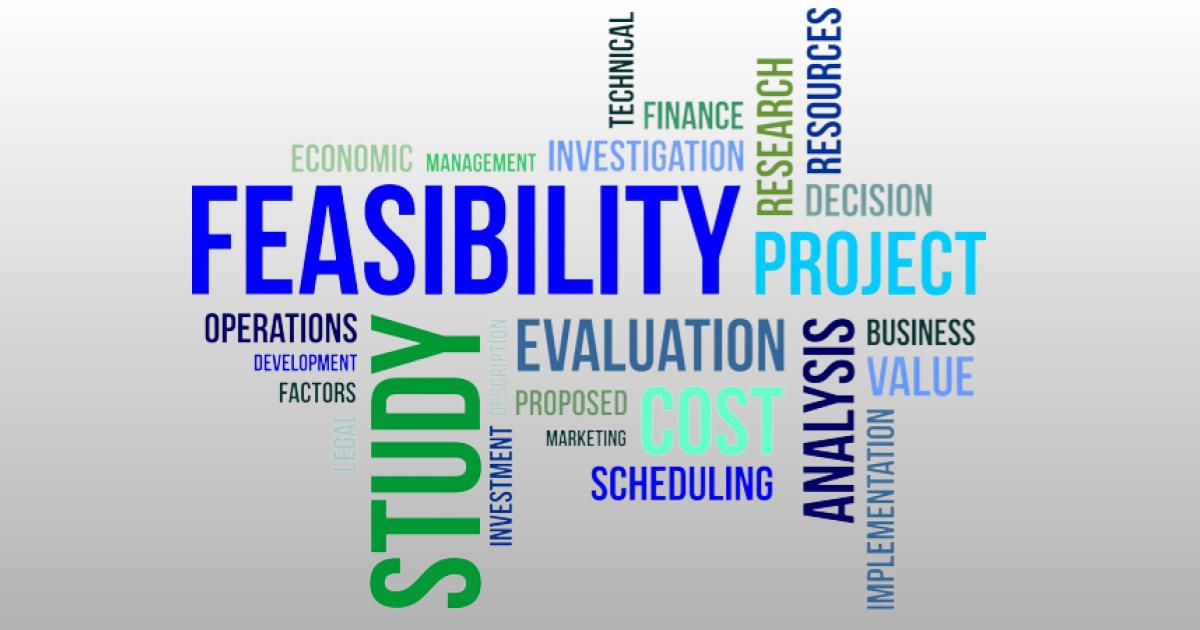In the modern business landscape, launching a project without proper analysis can be a costly mistake. Companies often spend significant time and resources only to discover that their idea is not viable. This is where a Feasibility Study becomes essential. But what exactly is a Feasibility Study, and why should your business rely on one?
What Is a Feasibility Study?
A Feasibility Study is a structured evaluation that helps determine if a project or business venture is achievable and sustainable. It looks at multiple aspects, such as financial, market, operational, legal, and technical factors. By doing so, it provides decision-makers with a clear picture of potential risks and benefits before committing to large investments.
Key elements of a Feasibility Study often include:
- Market analysis: Who are the customers? Is there enough demand?
- Technical considerations: Does the business have the tools, skills, and resources to succeed?
- Financial projections: How much will the project cost, and what return can be expected?
- Legal and regulatory issues: Are there laws or regulations that could slow down or block the project?
- Operational structure: Can the company realistically implement and sustain the project?
Why Your Business Needs a Feasibility Study
There are many reasons why a Feasibility Study is a smart step before launching new initiatives:
Reduces risk
By identifying challenges early, a Feasibility Study saves businesses from entering projects that might fail.
Supports decision-making
Leaders gain data-driven insights to evaluate whether moving forward is the right choice.
Builds investor confidence
Investors and lenders prefer companies that present a professional Feasibility Study, as it proves preparation and credibility.
Saves time and money
Canceling or redesigning a project before major costs are incurred helps protect resources.
Strengthens planning
A Feasibility Study provides a foundation for realistic timelines, budgets, and strategies.
The Benefits of Conducting a Feasibility Study
When properly executed, a Feasibility Study helps businesses avoid costly mistakes and increase their chances of success. It ensures that projects are not based on assumptions but on real data and analysis. Instead of relying on optimism, managers gain a practical understanding of what is achievable.
Additionally, a Feasibility Study highlights potential opportunities that may not have been visible before. By examining the market and competition, businesses can discover new angles, customer needs, or competitive advantages.
Common Mistakes to Avoid
Even though the concept of a Feasibility Study sounds straightforward, companies often make errors in the process. Among the most frequent mistakes are:
- Rushing the analysis without gathering enough data
- Overestimating revenue and underestimating costs
- Ignoring legal or regulatory barriers
- Failing to consider operational challenges such as staffing or supply chain issues
- Not involving the right experts in finance, law, or technical areas
Avoiding these mistakes ensures that the Feasibility Study becomes a reliable tool rather than a formal document with little practical value.
When Should You Conduct a Feasibility Study?
A Feasibility Study is useful in many different scenarios, for example:
- Launching a new product or service
- Entering a new market or region
- Expanding facilities or infrastructure
- Applying for large loans or attracting investors
- Acquiring another business
- Starting a real estate or construction project
In all these cases, a Feasibility Study can determine whether the plan is realistic and worth pursuing.
How to Start a Feasibility Study
If you are preparing to conduct your own Feasibility Study, here are practical steps to follow:
- Clearly define the scope and objectives of the project.
- Collect reliable market and financial data.
- Evaluate technical requirements and operational needs.
- Consider regulatory and legal obligations.
- Prepare financial models, including best-case and worst-case scenarios.
- Identify risks and propose mitigation strategies.
- Summarize findings and make a go-or-no-go recommendation.
A Feasibility Study is not just a formality; it is a powerful decision-making tool. It allows businesses to minimize risks, plan effectively, and build credibility with partners and investors. By investing in a thorough Feasibility Study before committing to a project, you increase your chances of long-term success and ensure that resources are used wisely.
Whether your company is planning expansion, launching a new service, or investing in infrastructure, a Feasibility Study provides the clarity needed to move forward with confidence.

